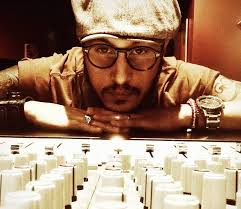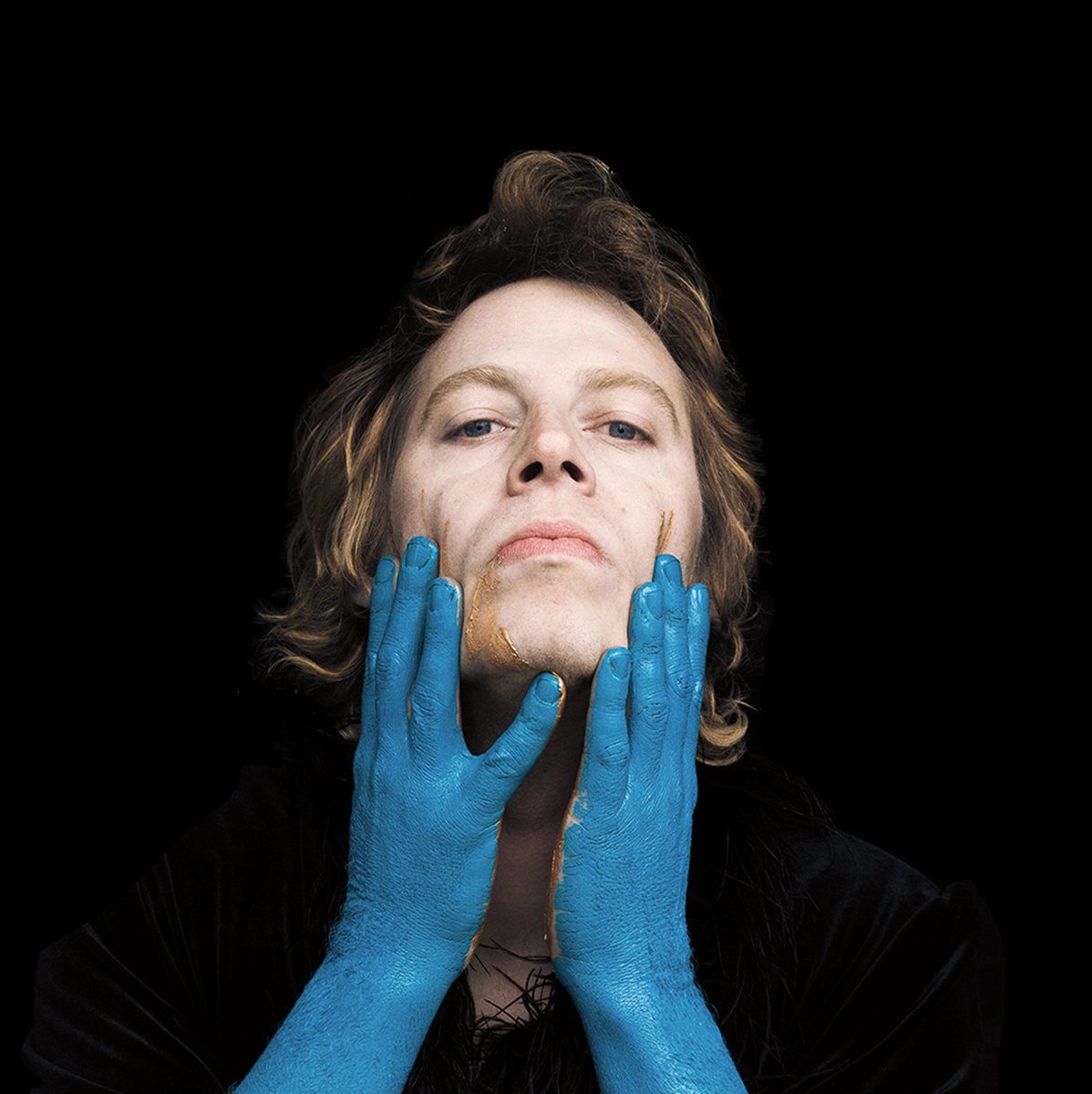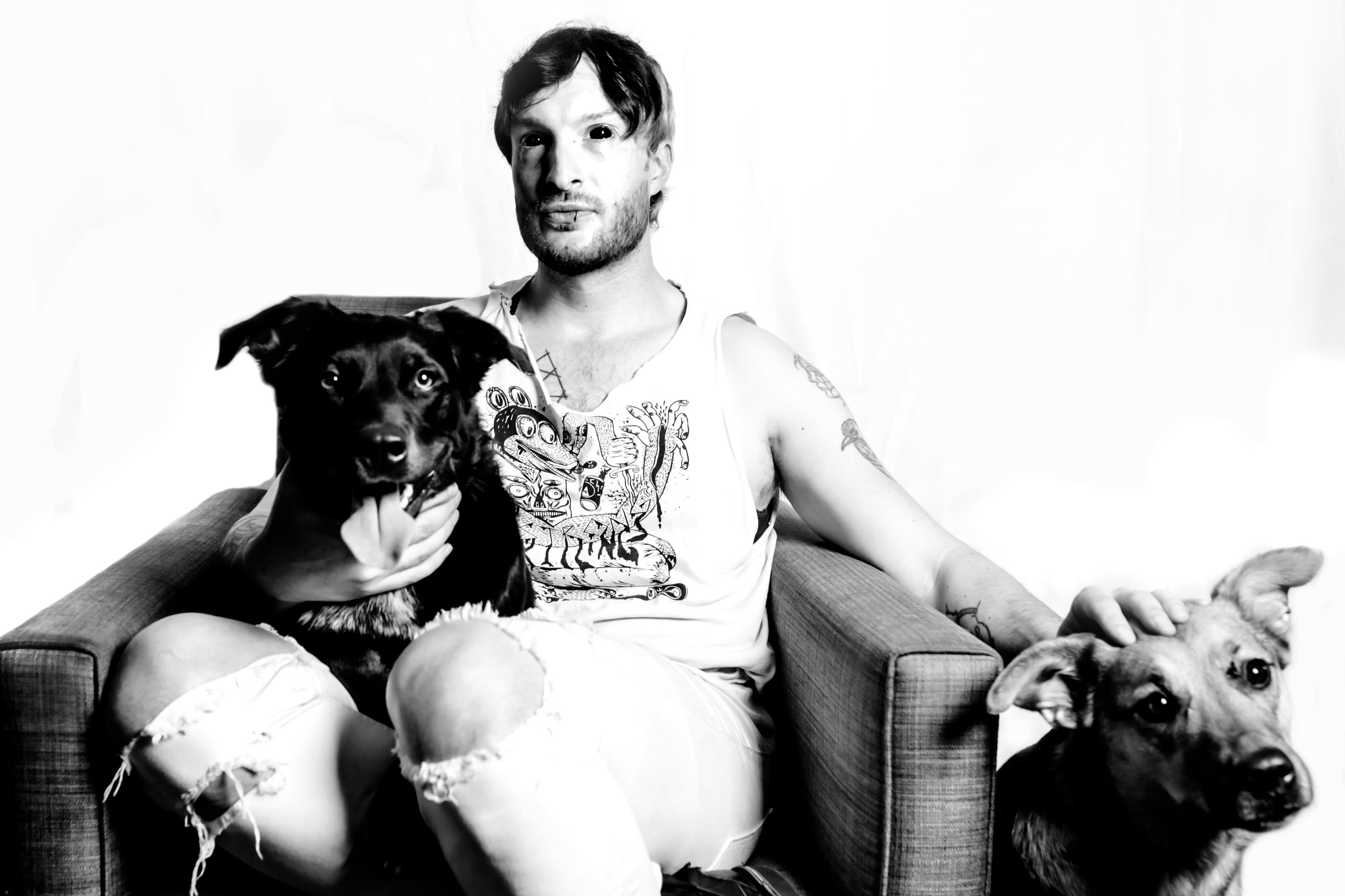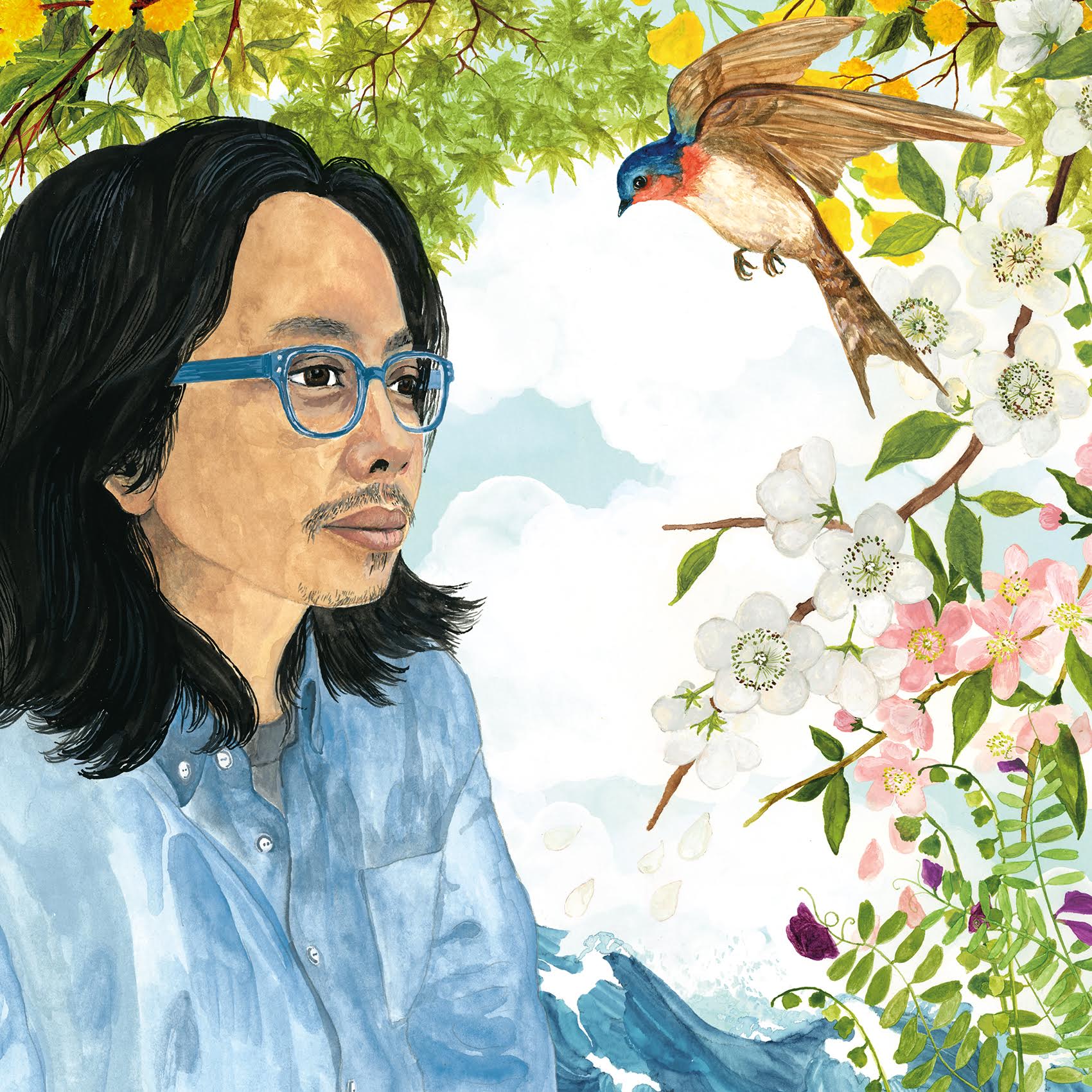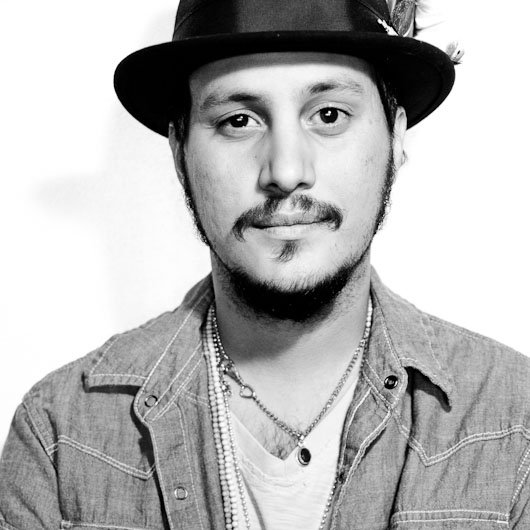
Seattle’s Eric Lilavois works tirelessly all hours of the day in the recording studio he co-owns, London Bridge, to bring the music of local artists to life. Whether he’s working with Ayron Jones, Julia Massey, Heather Thomas or any number of other talented folks, Lilavois offers his experience and talent to bring the best out of the songs.
But now the artist finds himself on the other side of the equation and he just released his own LP, M(e)mory Wave, September 16th, and we are happy to premiere the LP’s first single, “Every Waking Day,” today. To celebrate the release, we caught up with Lilavois to ask him about his history making music and what the new work means to him.
When did music enter your life as an essential part?
Very early on. I could see it in my dad – I didn’t have very much American music in my life growing up but I could see in my dad the Haitian records and Spanish records that he loved, the joy that music brought. That was the first indicator. Like, Whoa! This is resonating with people and with my dad, in particular. He was a very straightforward guy but to see him all of a sudden open up and have this immense amount of joy sparked it.
You’re steeped in the Seattle music community in large part because of London Bridge. What does this do for your soul, so to speak, on a daily basis?
It’s similar to what I was saying with my dad – it’s seeing that energy that these artists are able to amplify and all of us, as a music community, that we’re able to amplify for each other. That’s really it, that’s the thing for me. We’re all enhancing each other’s consciousness, musically and otherwise, and that’s always been attractive for me. Some of my early influences, like Pearl Jam, it wasn’t just their music that knocked me over. It was who they were connected to – all of a sudden I was learning about The Who, Neil Young. The band would talk about these artists and it would just completely expand my consciousness. It’s the same thing here locally where we all elevate each other’s music.
What have you learned about making music from being on both sides of the mixing board?
I’ve learned that collaborators are important. I think that early on from an artist perspective, there was a stigma for me, like, “Oh, who’s this producer? What does a producer even do?” I didn’t really understand the power and weight of collaboration. Later, down the road, I understood. Like, Wow actually somebody can really enhance your creativity – not necessarily just as a producer, but in general. So many artists played on this record that it would not be the same had it not been for other collaborators. That’s the biggest lesson I’ve learned from both sides of the glass: collaboration is important and really trysting that collaboration is everything.
You’re one of the most positive people I know. Where do the passion, joy and resilience come from?
Lots of takes, maybe? I think that the song, “Every Waking Day,” exposes that a little bit. Every morning, every waking day, you have a choice how to navigate the big and small things around you. We don’t always get it right but we try as hard as we can and that’s something important for me, as a mantra. If you’re talking about community, music and friends, it’s the same. I may have a rough day today but maybe I can help you have a better day and maybe vice versa.
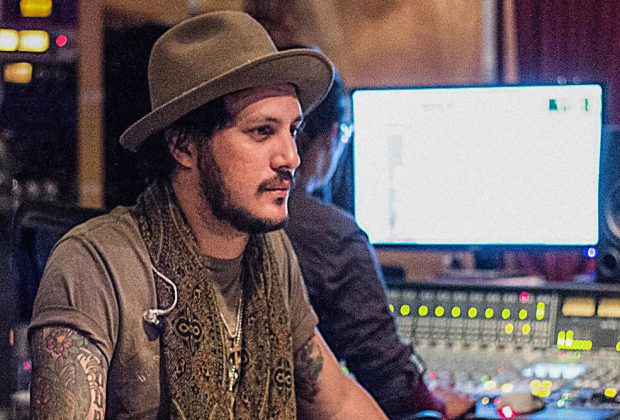
As someone so invested in Seattle music – and music in general – what do you hope the city embraces in the years to come?
I hope the city continues to embrace sheer acceptance. I think there’s been a lot of things in the Seattle scene that happen genuinely and it’s beautiful to see the way the city has embraced its own thing and without judgment. I hope that continues. On a national stage maybe we’re judged – people think we’re cool or too cool or whatever. But I don’t think internally we feel that’s the case. I think on a local level here it’s a very loving and accepting scene. So, I hope that continues. I want us to support each other.
The album’s lead single “Every Waking Day,” is quite epic with big swells and pianos. How did you conceive of the production?
That’s a staggering question and I love it because I’m sitting here talking about collaboration and producing but I didn’t actually have a producer on this record. I self-produced it. I think the single is definitely the most produced song on the record. [Seattle musician] Heather Thomas helped a lot in terms of the songwriting and good friends Matt Herman and Andrew Dewitt helped a lot too. This was definitely a collaborative effort. What I might have lacked in a producer over the shoulder, I gained through writing collaboration. But the rest of the record has a lot of different songs – it’s just very human. I wrote a song for my daughters called, “Good Morning,” on ukulele and vocals and it’s much more like a voice memo. It’s very under-produced; it’s like a little love note. The producer over my shoulder might have told me not to do it that way. But it’s just a human record.
The single is also about taking control of your future. Why was this important?
I think in that same zoom-in, zoom-out lens, the record speaks to both sides of things. It’s just looking at how the smaller, everyday things lead to the big picture and the “memory wave,” to our future. It’s the link to our past, present and future. We wake every morning and we don’t necessarily view it that way, but if we hone in on it, we can try.

